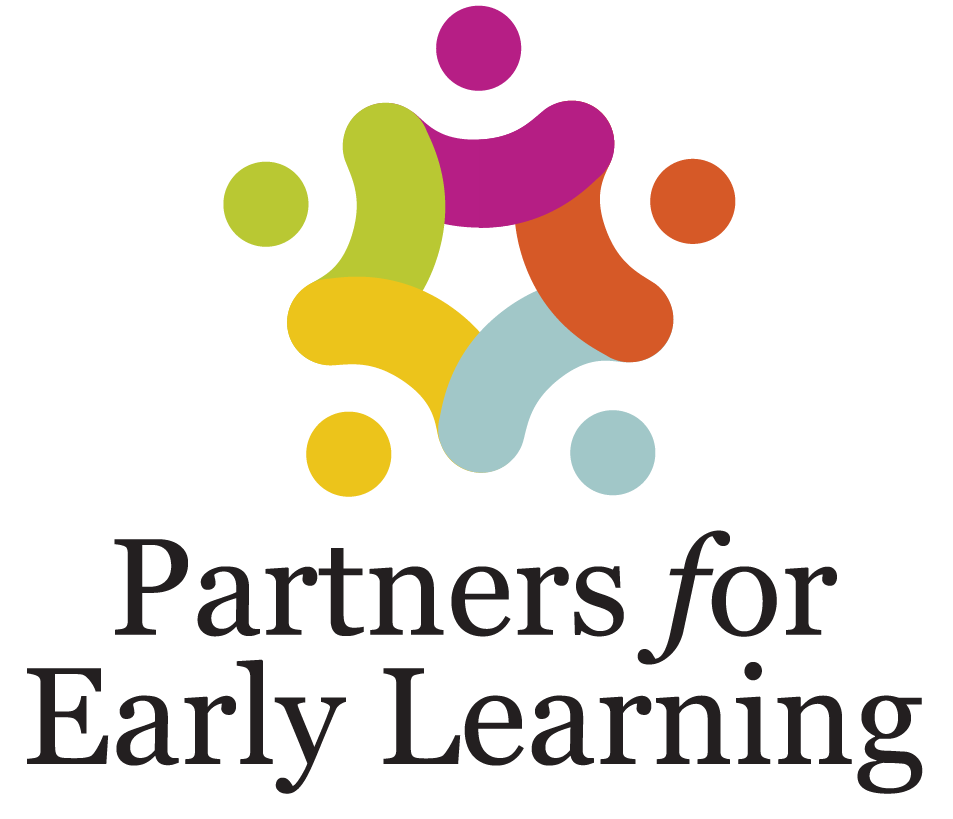Age
Age Milestones For 2-3 Years
Physical: Overview (2-3 Years)
By age 3, children can execute complex movements like unscrewing lids, turning pages one at a time, and copying vertical,
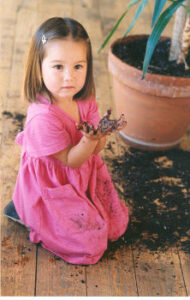
A Good Helper (2-3 Years)
Will wonders never cease? There is no magic moment when children become more likely to follow directions. But at around
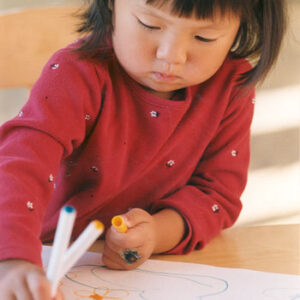
Can Make Vertical, Horizontal, and Circular Strokes with Pen or Crayon (2-3 Years)
During the second year of life, toddlers rapidly develop hand and finger skills. Drawing is a major accomplishment during this period,
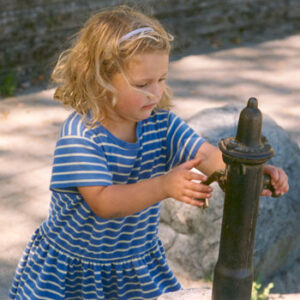
Capable of Turning Rotating Handles, such as Doorknobs (26-37 Months)
Toddlers rapidly develop hand and finger skills during their second year of life. They can now manipulate small objects with
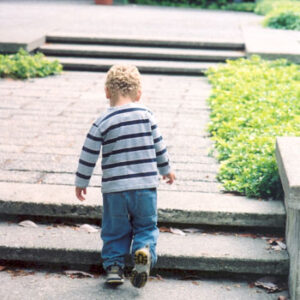
Capable of Walking Up and Down Stairs, Alternating Feet (27-36 Months)
During their third year, children are in constant motion–running, kicking, climbing, and jumping. They accomplish several major motor milestones during
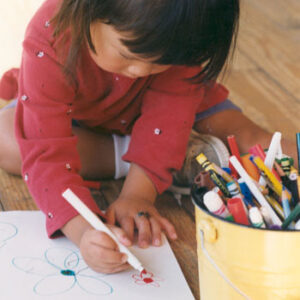
Capable of Holding a Pencil in Writing Position (28-38 Months)
During the second year of life, toddlers rapidly develop hand and finger skills. Drawing is a major accomplishment during this
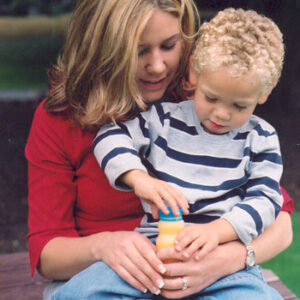
Can Screw and Unscrew Jars and Lids (29-36 Months)
Toddlers rapidly develop hand and finger skills during their second year of life. They can now manipulate small objects with ease,
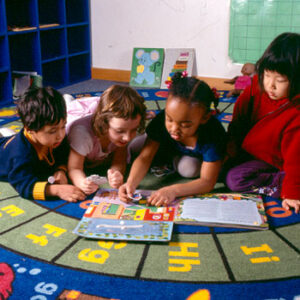
Capable of Turning Pages One at a Time (29-37 Months)
Toddlers rapidly develop hand and finger skills during their second year of life. They can now manipulate small objects with ease,
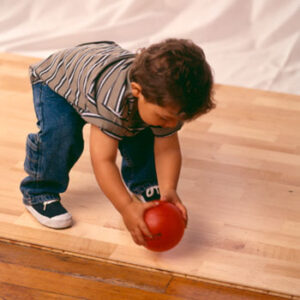
Bends Over Easily without Falling (30-36 Months)
Two-year-olds have adopted the heel-to-toe adult walking style instead of the characteristically stiff, spread-legged gait of young toddlers. Their growing coordination
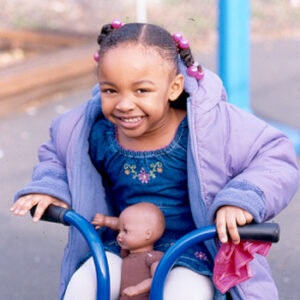
Capable of Pedaling a Tricycle (30-36 Months)
Children this age are generally very active, but this activity level will strengthen their body and help develop coordination. References
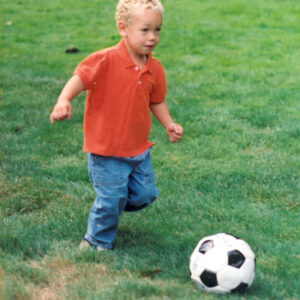
Runs Easily (32-39 Months)
During their third year, children are in constant motion–running, kicking, climbing, and jumping. They accomplish several major motor milestones during this
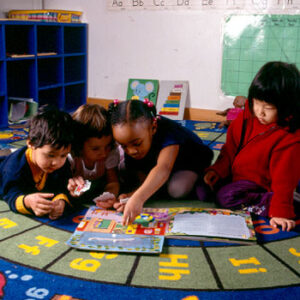
Social and Emotional: Overview (2-3 Years)
New feelings develop in the third year as children become more aware of the expectations and rules around them. Children
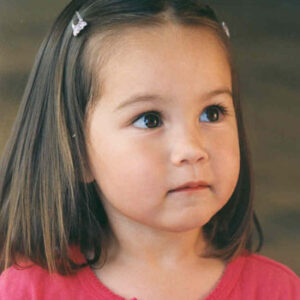
Begins to View Own Behavior against a Standard (24-35 Months)
Sometime between years 2 and 3, children gain the ability to evaluate their own behavior against a standard. As children

Can Take Turns in Games (24-35 Months)
At age 3, children are becoming more independent and more secure. When children learn about taking turns and cooperation from the
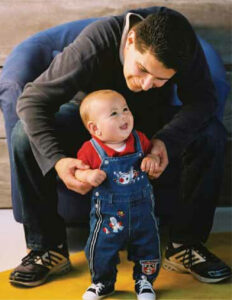
All About Praise
Is there a right way to praise a young child? Is there such a thing as too much praise? Researchers
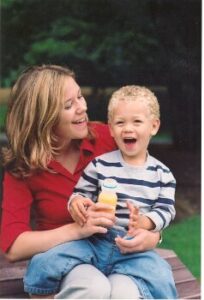
Recognizing Emotions
Connecting through giggles and tears. Emotional moments, whether happy, sad, or fearful, are when kids naturally turn to you for
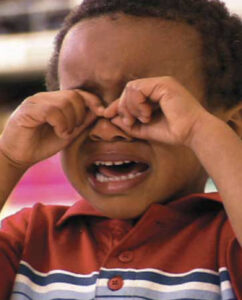
Tantrums Happen
Here Comes a Tantrum! When you least expect it…Tantrums happen! No matter how hard you try to understand your child’s

Tantrums Happen: Connecting during Emotional Moments
Temper tantrums are a normal and very common part of growing up. Ignore those eye-rolling critics. Your child’s extreme display

Life with Baby Brother
New Baby is Home! When a new baby arrives, life changes for everyone. These changes are especially big for an
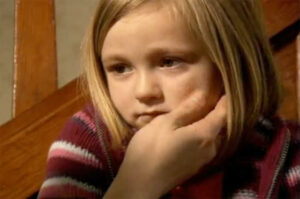
Morning Madness: Valuing a Child’s Emotions
Learning how to communicate and handle feelings are big skills for young children. Sometimes those feelings are hard to recognize,
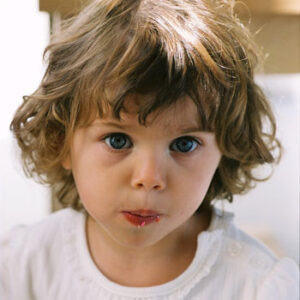
May Experience and Express Guilty Feelings (27-36 Months)
Sometime between years 2 and 3, children gain the ability to evaluate their own behavior against a standard. As children
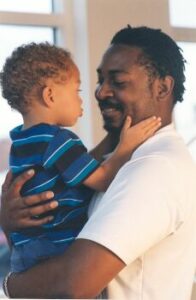
Are You Okay, Daddy?
Big feelings from little ones Some days, it just doesn’t pay to be an adult. Your boss gives you another
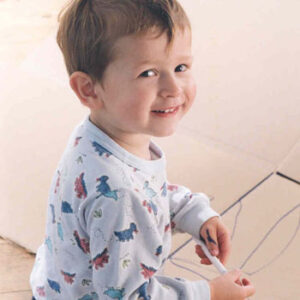
Shows Evidence of the Emotion of Pride (30-36 Months)
Sometime between years 2 and 3, children gain the ability to evaluate their own behavior against a standard. As children
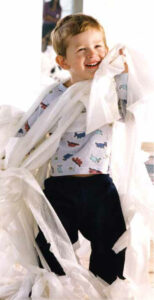
All About Play
Is there a link between how children play and how they learn? Decades of research show that play is important
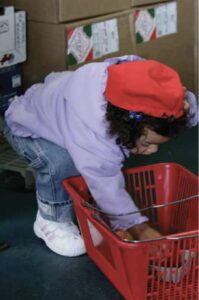
Cognitive and Learning: Overview (2-3 Years)
Between two and three, children become better problem solvers. They can make mechanical toys “work” and can put together puzzles
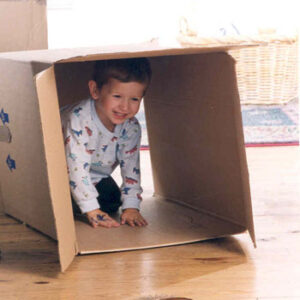
Pretend Play Includes Symbolic Use of Objects (24-36 Months)
Pretend play includes the symbolic use of objects. Once an object has been given an “identity” (for example, a block
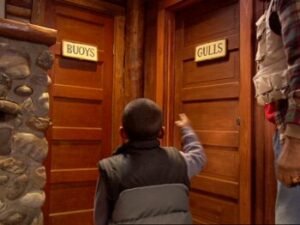
I Know This Word
Words are all around us! Just one more stop before you head home. So into the store, you go. You’re
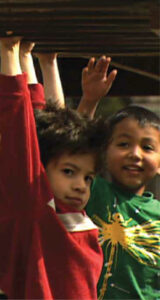
Develops an Understanding of Other People’s Intentions and Goals (25-36 Months)
The beginning of understanding other people’s minds is gradual; at 9 months, an infant may exhibit “joint attention,” the ability
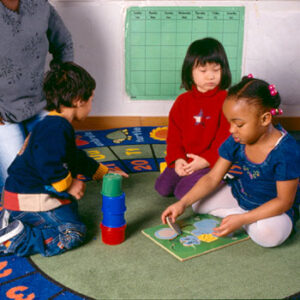
Capable of Completing Puzzles with Three or Four Pieces (26-36 Months)
By the end of their second year, toddlers begin to understand the relationship between objects, solve simple jigsaw puzzles, and
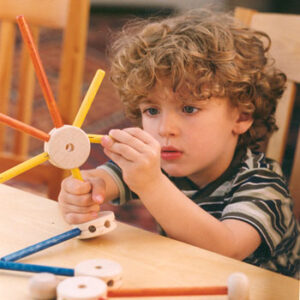
Can Make Mechanical Kinds of Toys “Work” (28-36 Months)
The learning process becomes more thoughtful for toddlers as they approach their third birthday. They begin solving problems and performing mental

Capable of Some Deception (28-37 Months)
When children develop the ability to deceive others is controversial, and some researchers believe that “lying” does not truly emerge
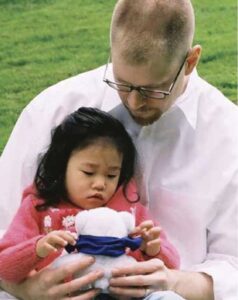
Language and Communication: Overview (2-3 Years)
In their third year, children’s language skills continue to grow at an astonishing rate. They begin to use pronouns (“I”
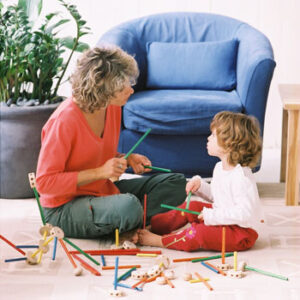
Can Utter a Grammatically Correct Declarative Sentence (24-31 Months)
As children learn to speak in sentences, they also begin to use basic forms of correct grammar. Although children may
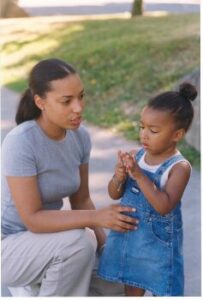
Keep Talking
Building language every day. Learning to talk is harder than it seems. If your child makes mistakes, don’t worry, he
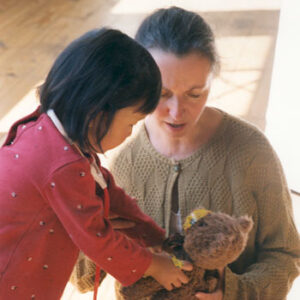
Strangers Can Understand Most of the Words Spoken by the Toddler (26-36 Months)
By age 3, most children speak clearly enough that strangers can understand most of what they say. Despite this, children may

Uses Pronouns (I, You, Me, We, They) and Some Plurals (26-36 Months)
During their third year, children begin using pronouns and plurals in their speech and understand the concept of “mine.” They
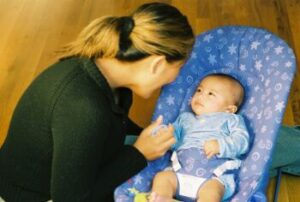
Look Who’s Talking
Is that babbling and cooing designed to make us melt? The house is quiet. The baby has gone down for
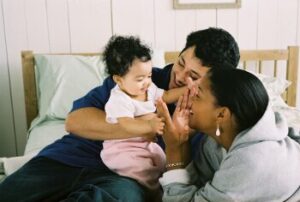
Two Languages Spoken Here
Learning two languages“Daddy? Can I have some cookies?” Maria asks.“I don’t know Sweetheart. Go ask your mom.”Maria catches her mom
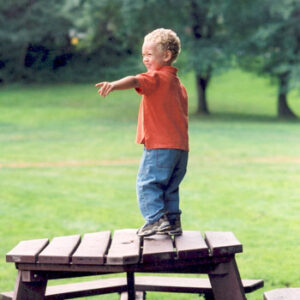
Understands Physical Relationships such as Under, Over, and In (28-37 Months)
It takes some time before young children can grasp the meanings of words that describe physical relationships. But during the
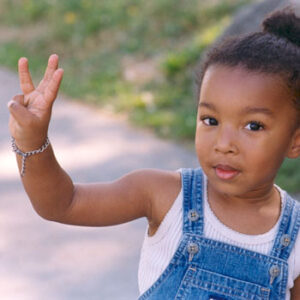
Can Say Name, Age, And Gender (29-38 Months)
Most children delight in knowing and proclaiming their name and age. References: Shelov, S. P. (Editor-in-Chief). (2004). Caring for Your
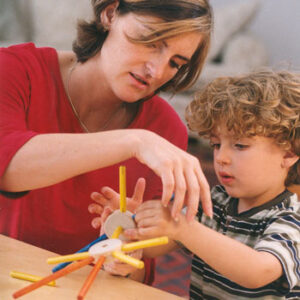
Understands Most Of What Adults Say (30-36 Months)
By age 3, children can generally understand most sentences and most of what adults say. References: Shelov, S. P. (Editor-in-Chief).
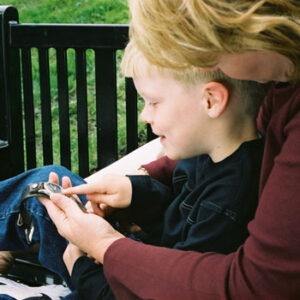
Vocabulary Consists Of 1,000 Words (32-39 Months)
Around age 3, most children have a vocabulary of around 1,000 words. However, this may vary by a large amount,
